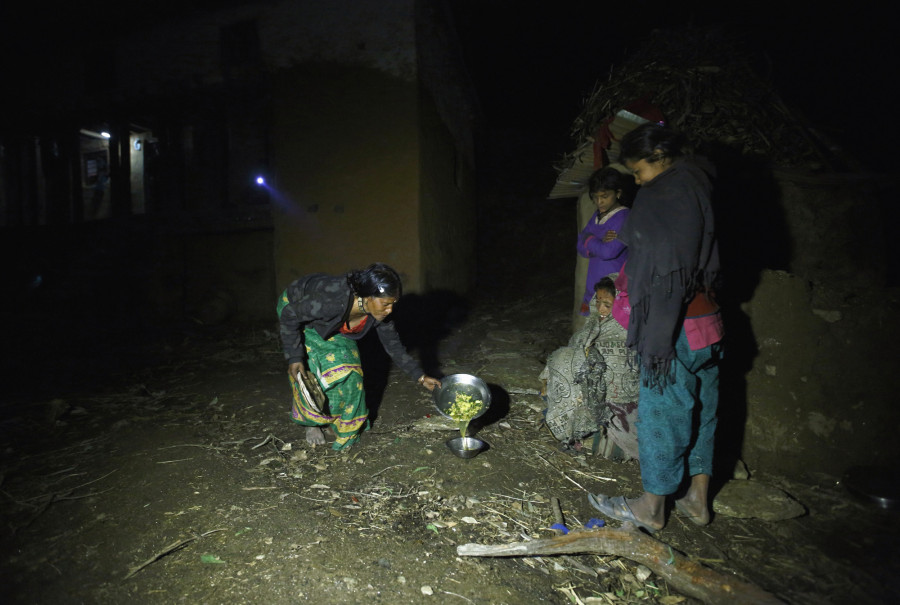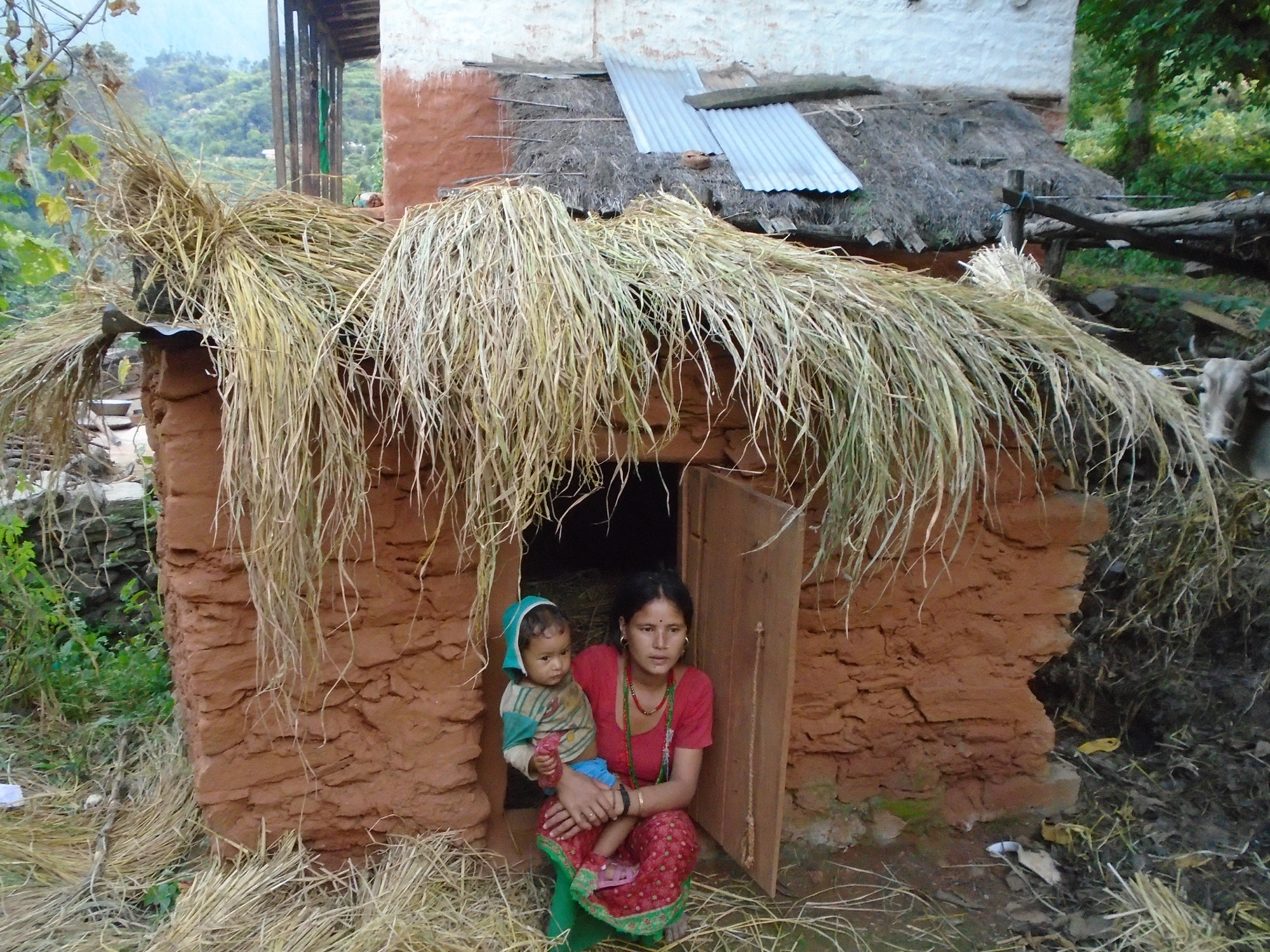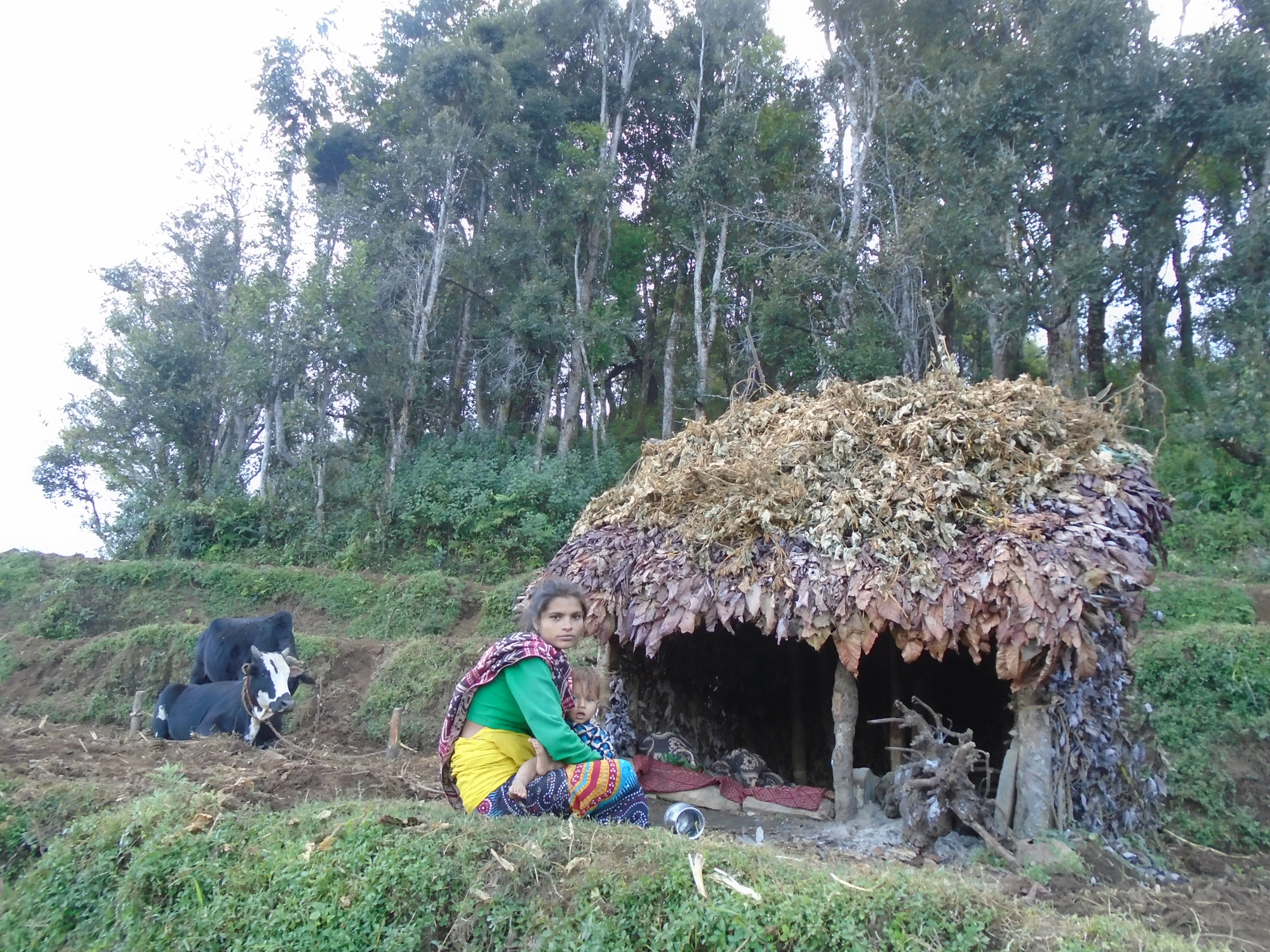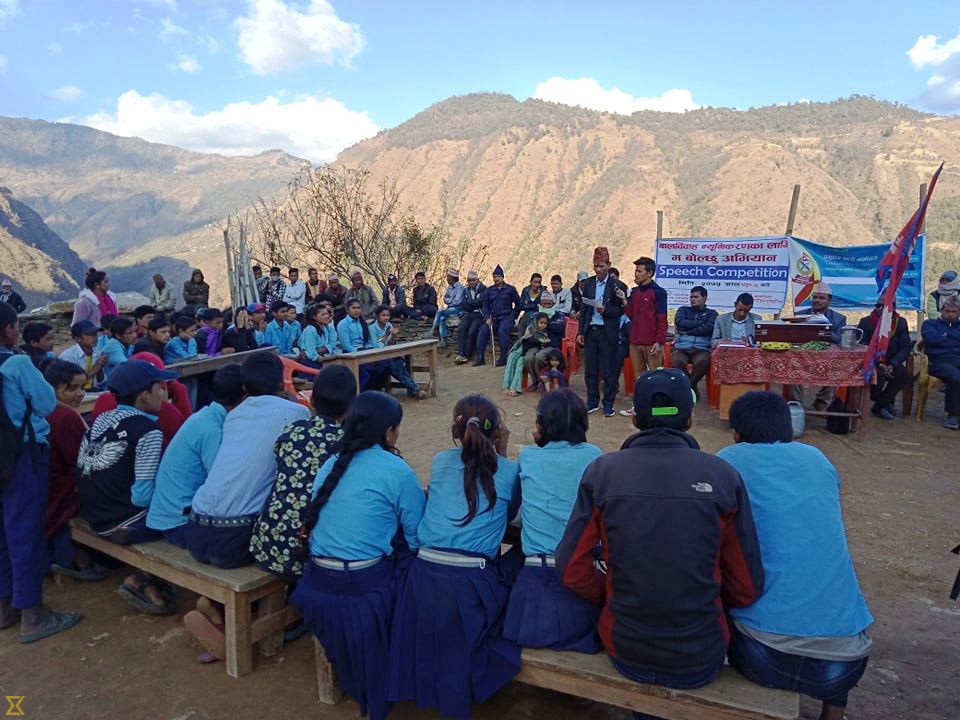National
Everything you need to know about Chhaupadi, the taboo ritual of banishing women to period huts
Legal actions and social campaigns have failed to make people in Nepal’s remote western regions understand the urgency of abolishing the deadly tradition.
Elisha Shrestha
Menstruation, a biological process among women, is inextricably linked to social taboos and, often stigma, in Hindu tradition. Although social taboo against menstruation is prevalent throughout the country, it is most visibly harsh in the remote western villages of Nepal, where the practice of Chhaupadi has been killing women and girls.
According to a report by the National Human Rights Commission, there have been 18 reported cases of women and girls dying in chhau goths, 13 of them in Achham district alone, since 2005. In December, 21-year-old Parbati Budha became the latest victim to the deadly practice that simply won’t go away.
To understand the practice and why it is stubbornly observed by so many families, you have to understand its roots. Here’s what you need to know.
What is Chhaupadi?
Chhaupadi is derived from words used in the Raute dialect in Achham—chhau means menstruation and padi means women. It is a traditional practice prevalent especially in the villages of Achham, Bajura, Doti and Bajhang. During each menstruation cycle every month, women and girls are secluded and banished outside their homes to a makeshift hut or even livestock shed. For a week, menstruating women and girls, who are deemed impure, are banned from touching the rest of the family members or things in the house.
Moreover, girls experiencing menses for the first time are expected to remain in chhau sheds for at least 14 days. Under this practice, menstruating women are forced to refrain from participating in daily activities. A family member offers food to women practising Chhaupadi, without touching them.
Chhaupadi is not only limited to the time of menstruation, it is also observed during childbirth. This practice is deeply associated with Hindu belief which regards secretions during menstruation and childbirth to be religiously impure. Thus, Chhaupadi is also forced on women in their postnatal state whereby delivery must take place in the shed.
Women and their newborns are bound to stay in exile for 10-14 days after delivering the child.

Why do people practise Chhaupadi?
People living in the districts where Chhaupadi is actively practised have deeply ingrained superstitions associated with menstruation. They believe women to be impure during their periods and that if they don’t follow the Chhaupadi ritual, “the god might get angry” and that they will be followed by a bad omen.
Nirmala Bista, a village council member of Thalara Rural Municipality in Bajhang, says since she does not want to go against the beliefs of her in-laws, she stays in a shed during her periods.
Tejana Khana, an 18-year-old girl from Achham, told the Post she wants to break free from this practice but she feels that due to societal pressure, she is still unable to defy the tradition. “If something bad happens in the village, people will blame me and my defiance to not stay in a chhau goth,” said Khanal in an interview with the Post earlier in March.
There are beliefs that if the menstruating women and girls touch cattle, they will die; if they cross a water source, it will dry up; if they touch a plant, it will wither, and so on. As a result, these women and girls are not only banished from their home to live in sheds but are also restricted from touching male members of the family, cattle, plants, drinking water sources and idols of deities and temples.
Read: In elite Nepali circles, a different kind of "menstrual huts"
How is this affecting women and girls?
Chhau sheds are usually small unventilated and windowless huts made of mud or rocks. Many women and girls are forced to spend days inside the unhygienic cattle sheds. According to news reports, most of them die from suffocation, especially during the winter when they light a fire inside to keep themselves warm. There have also been cases of women dying from diarrhoea, pneumonia and hypothermia. Other causes of deaths include snake bites and wild animal attacks. According to reports on reproductive health, Chhaupadi also leads to genital infections from a lack of menstrual hygiene, undernutrition due to food barriers such as dairy products, and uterus and cervical problems due to heavy works that are assigned to menstruating women and girls.
The practice of Chhaupadi also has psychological impact on women who are left to feel abandoned and insecure in an isolated hut, resulting in depression, low self-esteem and disempowerment. There is also a constant fear of sexual assaults and abuses since such sheds are dark, exposed and often lack secure door lock. A 2011 UN report suggested that cases of physical abuse and rape, especifically in chhau sheds, are greatly underreported due to stigma.

What are the legal provisions against Chhaupadi?
In the wake of a large number of deaths, Nepal’s Supreme Court issued a directive in 2005, asking the government to come up with laws to eliminate Chhaupadi. In 2008, the Ministry of Women, Children and Social Welfare introduced guidelines to eliminate Chhaupadi. Two years ago, the Parliament enacted a law criminalising the Chhaupadi practice and imposing Rs3,000 fine and/or three-month jail sentence on anyone subjecting women to the practice. There was also a social initiative in the form of Chhaupadi-free campaign, launched by various non-governmental and social organisations with government support. Under the campaign, chhau sheds were demolished and villages declared as “Chhaupadi-free.”
According to reports, between 2011 and 2015, as many as 31 of the 75 village development committees in Achham were declared Chhaupadi-free.
Then why is the ritual still in practice?
Despite the legal provisions formulated to eradicate Chhaupadi, more than 70 percent of women in the remote western mountain districts of Achham, Bajura, Doti and Bajhang still practise the tradition. According to experts involved in cluster surveys in the region, an ineffective legislation and a lack of commitment from local leaders are primary reasons for the continuation of chhaupadi. That means despite an investment of time and resources from both government and non-governmental organisations to declare villages “chhaupadi free,” the declaration is limited to the paper and has not led to much behavioural change.
According to news reports, after the Chhaupadi sheds in Saipal Rural Municipality in Bajhang were pulled down in 2018, women were forced to rebuild the sheds so they wouldn’t have to be banished to caves during menstruation. In an interview with the Post in February, writer and activist Radha Paudel said destroying chhau sheds alone will not get rid of this practice. “There should be a more comprehensive approach that helps uproot the beliefs and superstitions surrounding menstruation being impure and unholy,” she said.
For any superstition to be eradicated from its root, education and awareness play an important role. In districts like Achham, Bajura, Doti and Bajhang, which are among the poorest in Nepal, the literacy rate is less than the national average. In Achham, women’s literacy rate stands at 37 percent. In Bajura, it is 22 percent. A lack of education means many women and their families are blindly following the superstition, risking lives.
Another reason why Chhaupadi continues is a lack of support for women who want to discontinue with the practice but don’t receive support from the family and the society. For almost all women, they’d first have to go against their family’s wishes, and then there’s no guarantee they’ll receive help from members of the local community, where they will have to live. In several instances, police have refused to register a complaint even after local villagers go to report on the deaths of women inside sheds.

So what can the government and private organisations do to uproot the deadly practice?
Unless the community actively engaging in Chhaupadi realises that the practice needs to be eliminated to secure the lives and dignity of women, imposing laws and destroying sheds won’t stop families from sending women to period huts.
Health campaigners say the only way to abolish Chhaupadi is by taking a proactive approach and focusing on educating and organising awareness programmes, continuously, at the local level. Subeksha Poudel, senior communication and GESI manager at Possible Health Nepal, a non-government organisation working in the healthcare sector in Achham, believes that imparting appropriate health education to community members, and emphasising on reproductive health are effective ways to create an awareness on menstruation and safe menstrual hygiene practices.
“Although it may take time to completely change the attitude of a person regarding the deeply-rooted practice, both government and non-governmental organisations shouldn’t stop their awareness and education programmes,” said Poudel.




 8.12°C Kathmandu
8.12°C Kathmandu (1).jpg)












